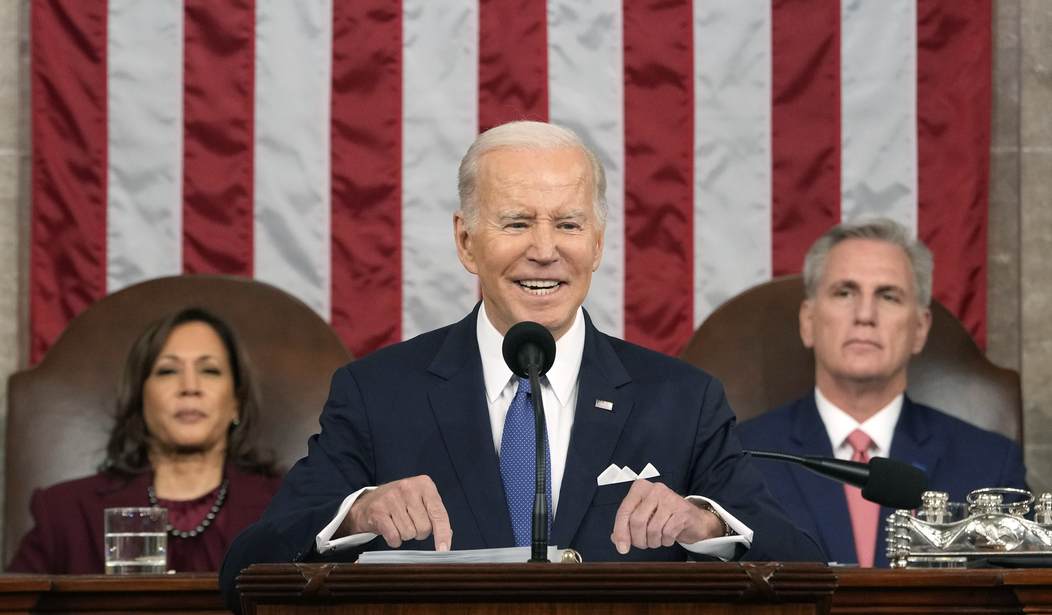The Congressional Budget Office is now saying that if the government can collect enough revenue by the middle of June, it “will probably allow the government to continue financing operations through at least the end of July.”
The problem is that we won’t get much of a warning in that case and default becomes a near certainty.
“If the debt limit remains unchanged, there is a significant risk that at some point in the first two weeks of June, the government will no longer be able to pay all of its obligations,” said the CBO report. In other words, if the White House and House Republicans want to play Russian Roulette, the CBO is saying, “Be my guest.”
It’s just a guessing game in the end. The CBO has no idea how much revenue the government is going to take in between now and the beginning of June. “That uncertainty exists because the timing and amount of revenue collections and outlays over the intervening weeks could differ from CBO’s projections,” said the latest report.
Biden has finally — reluctantly — agreed to sit down with Republicans and negotiate a deal to cut spending in return for raising the debt limit. This is something he said he would never, ever do, and his rabid radical base is already screaming that they’ve been betrayed.
But a meeting between Biden and House Speaker Rep. Kevin McCarthy has been postponed while the staffs continue to hammer out the details of a deal.
The aides to Biden, Republican House Speaker Kevin McCarthy, Democratic Senate Majority Leader Chuck Schumer, top Senate Republican Mitch McConnell and top House Democrat Hakeem Jeffries and met Wednesday and Thursday to discuss raising the debt ceiling, the White House said earlier.
McCarthy told reporters at the Capitol that the delay was not a sign of trouble in the talks but that he believed the staff negotiators who had been meeting this week needed to continue to talk before the principals met again.
“I don’t think there’s enough progress for the leaders to get back together,” he said. He also said one of the Congress members wasn’t able to make the Friday meeting.
White House officials acknowledge that they must accept some spending cuts or strict caps on future spending if they are to strike a deal, two sources said, while insisting they must preserve Biden’s signature climate legislation that passed along party lines last year.
House Republicans passed a bill to suspend the borrowing limit passed in April and would cut government spending to 2022 levels. The bill would also cap future growth in spending below inflation and repeal incentives for renewable energy, electric vehicles, and other climate-friendly technology passed in the so-called Inflation Reduction Act.
None of that is going to come to pass. Instead, Republicans will probably settle for some caps on future spending over 2-10 years and reduced incentives for renewables. If that doesn’t sound like much, it isn’t. But it’s all Republicans are going to get from a president who spent more than $5 trillion in unnecessary spending and can’t face the consequences of his policies.








Join the conversation as a VIP Member